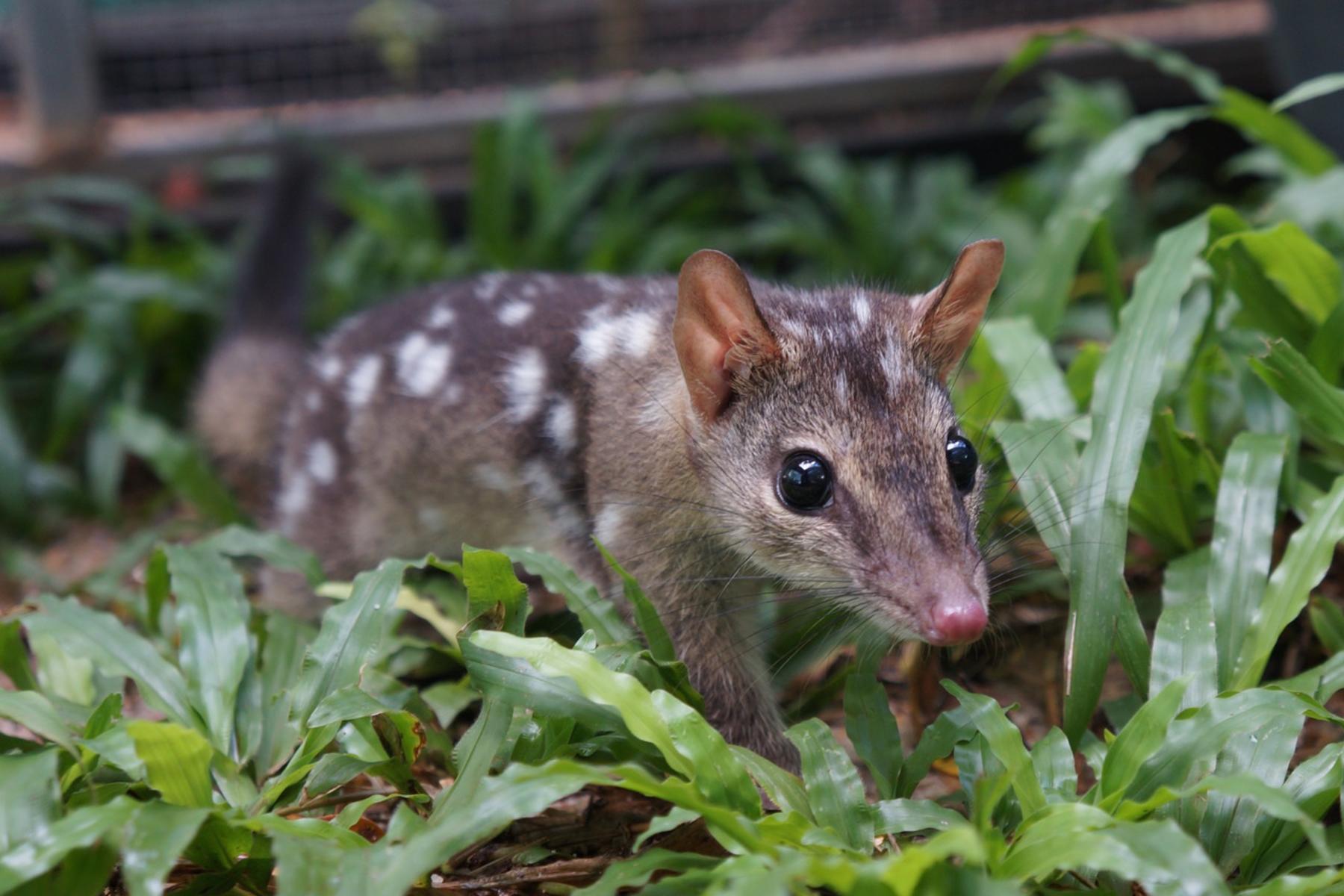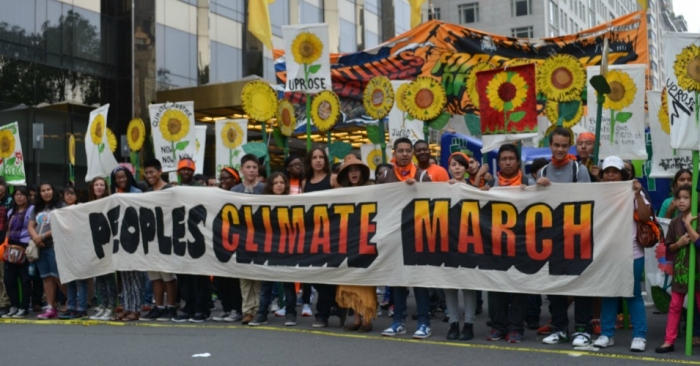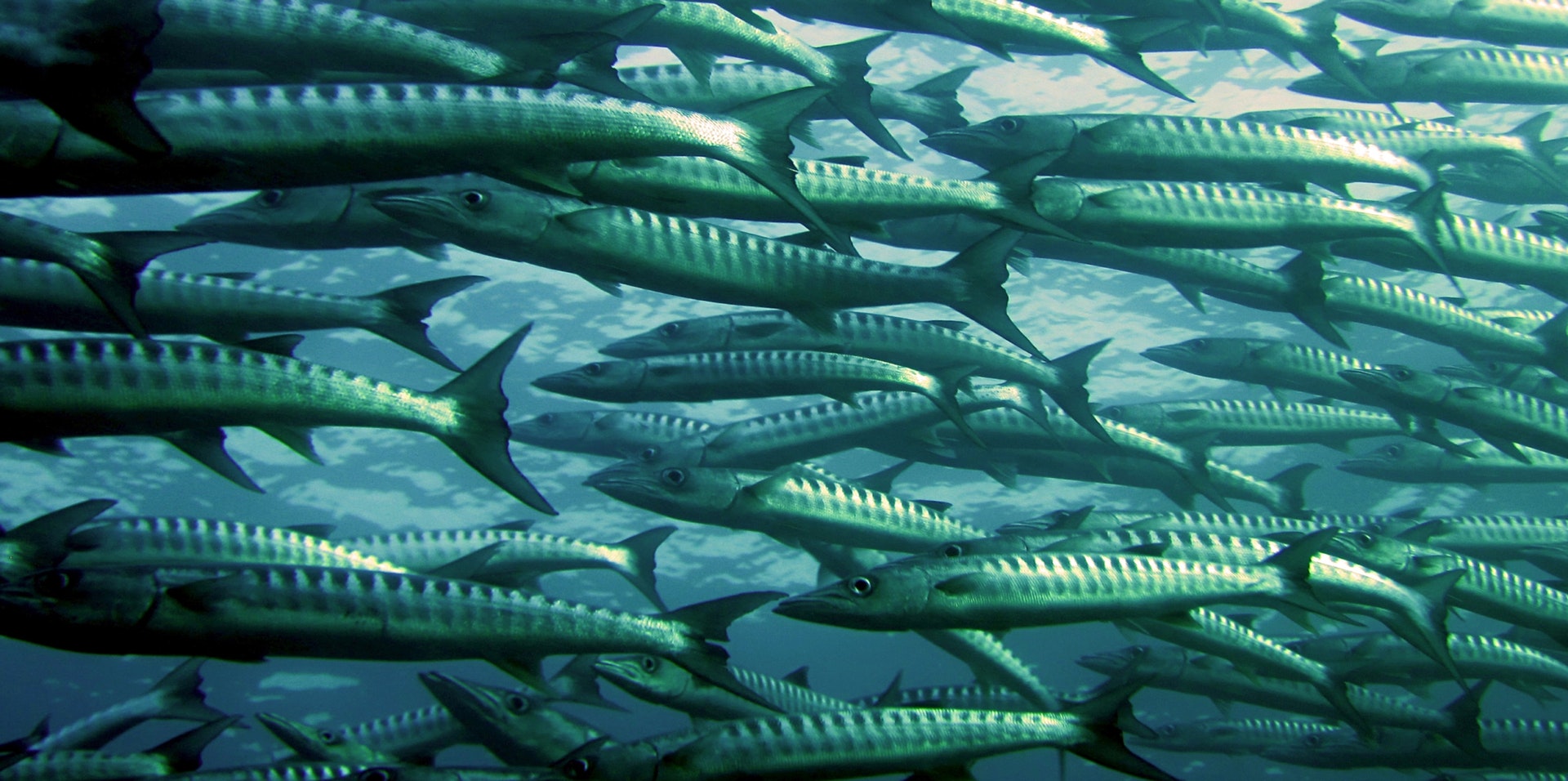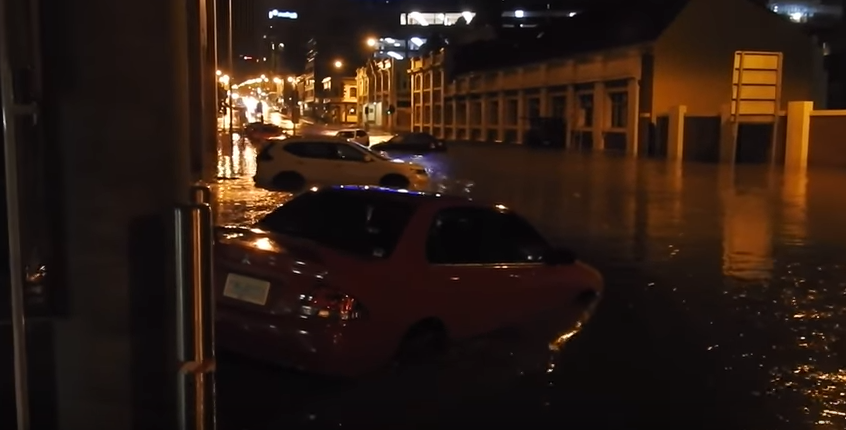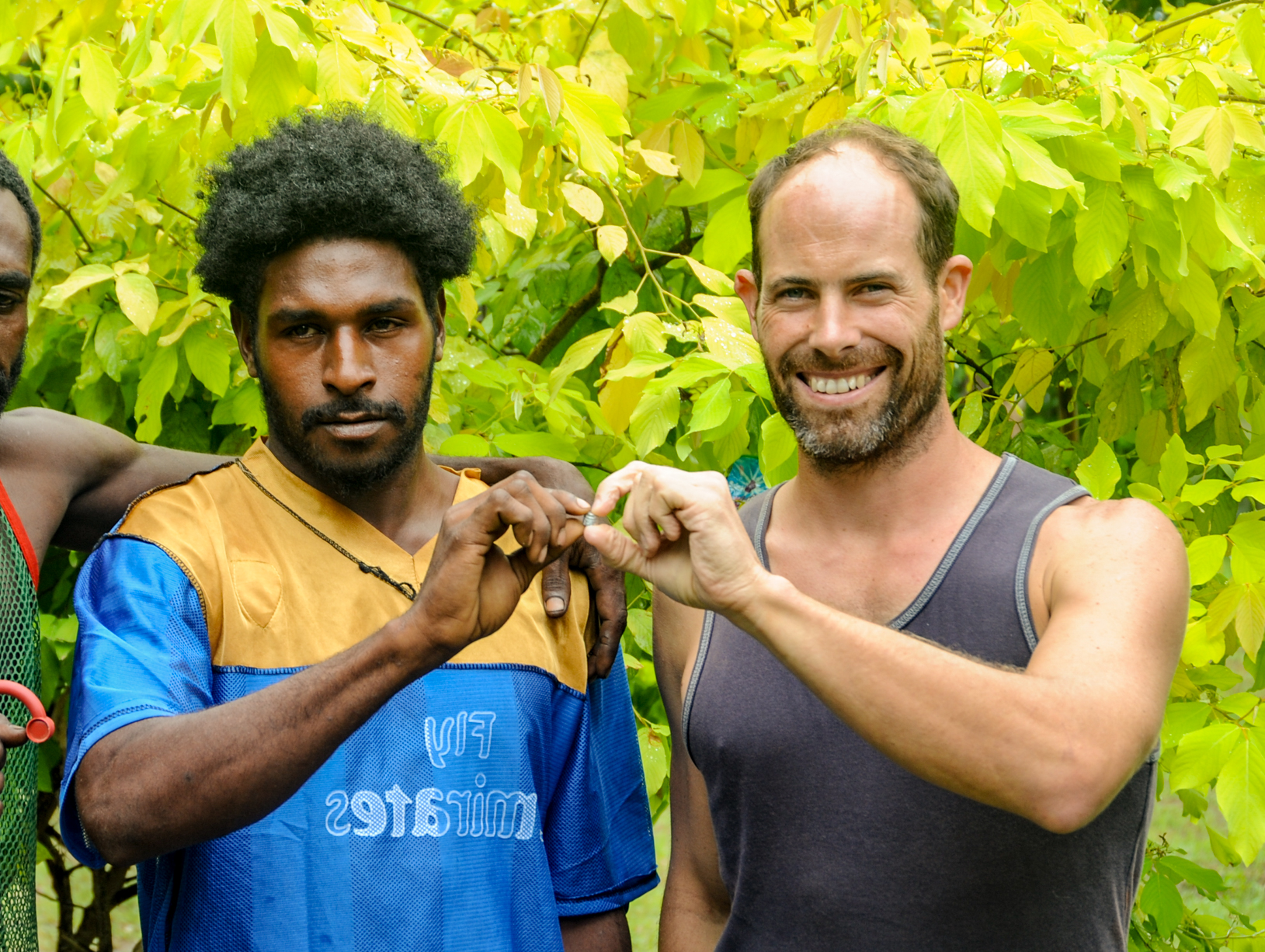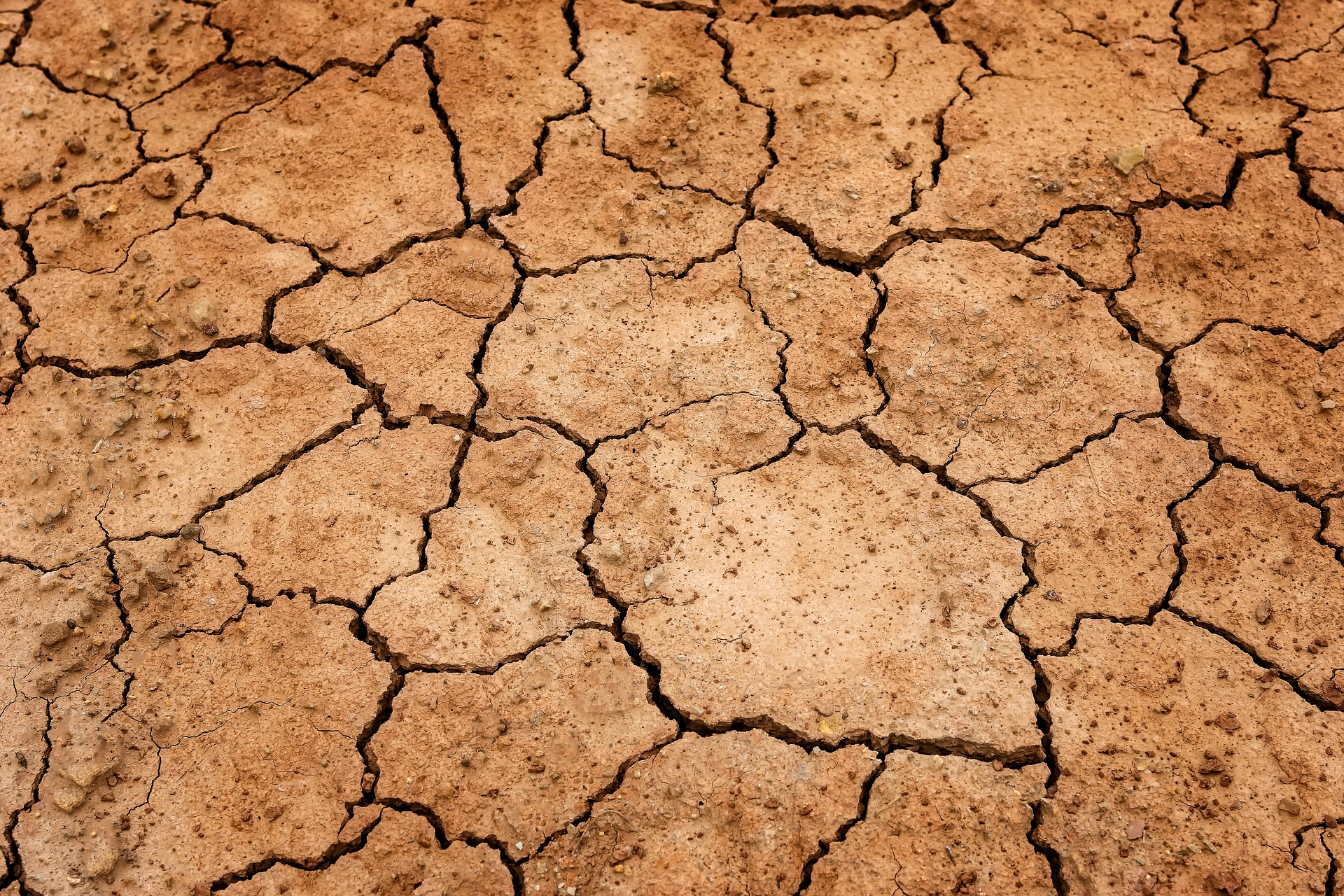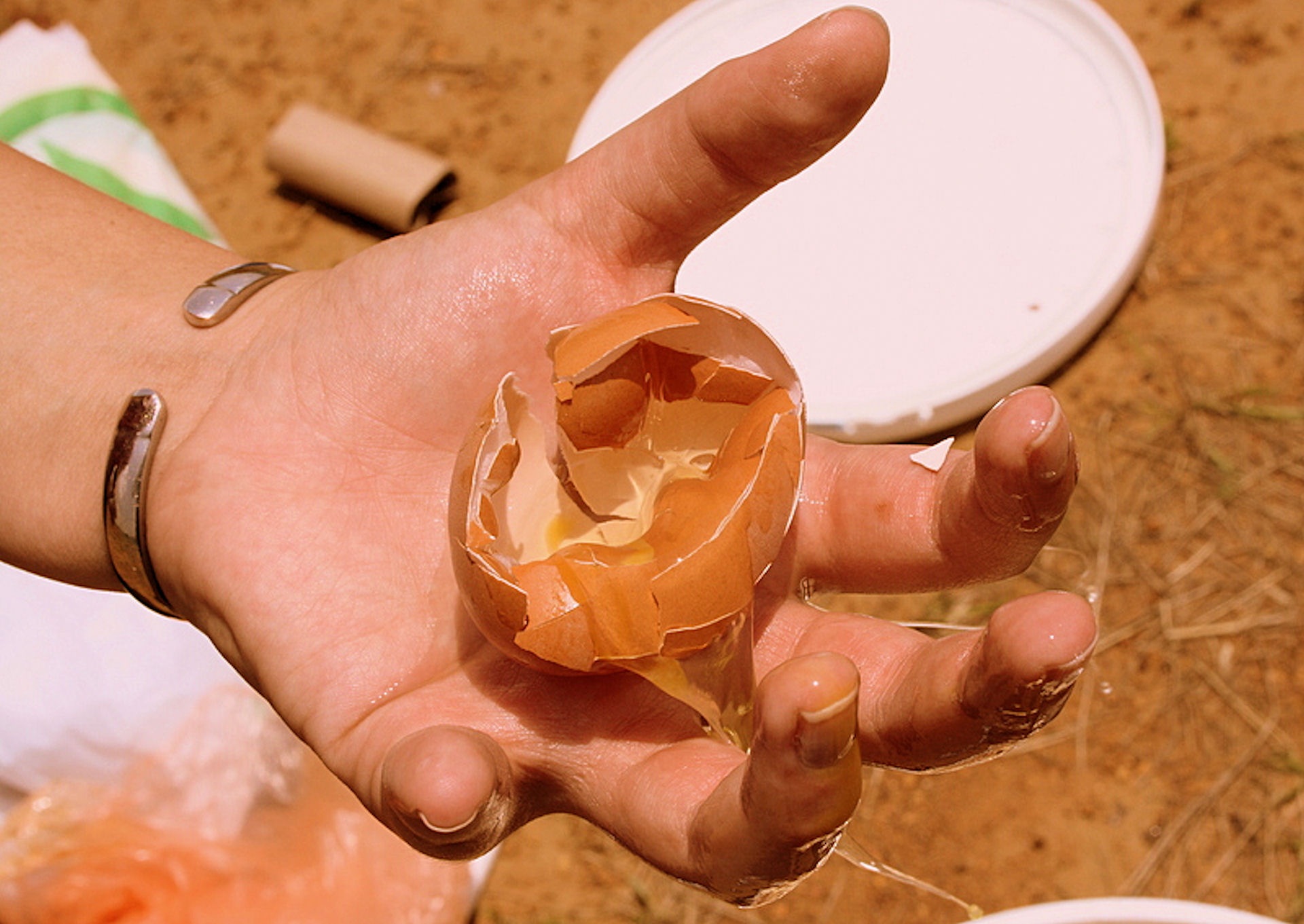-
Speeding natural selection in the name of conservation
Andrew Trounson | May 29, 2018A breeding experiment to genetically adapt quolls to resist toxic cane toads could lead to a new tool to help endangered creatures from corals to Tasmanian Devils
-
The pitfalls of generational thinking
Jonathan White | May 27, 2018The concept of generations has often been used by decision-makers and activists to portray the implications of climate change and international agreements enshrine ‘future generations’ as stakeholders in the decision-making of the present. However, as climate problems manifest themselves today, should we concentrate more on the present?
-
Logging burns conceal industrial pollution in the name of ‘community safety’
Chris Taylor | May 18, 2018Rather than ‘hazard reduction burns’, a large proportion of the smoke which has fouled Melbourne this autumn was produced by the intensive burning of debris left behind after clearfell logging. This is essentially industrial pollution.
-
Pre-colonial Australia: natural wilderness or gentleman’s park?
Gabrielle Murphy | May 15, 2018Professor Marcia Langton explains why a book that rewrote the history of Aboriginal land management before British colonisation is on her list of the 10 greatest books ever written.
-
Marine protection zones help fish populations survive
Open Forum | May 14, 2018An international study led by Monash marine ecologists has found that larger fish are much more important to feeding the planet than previously thought.
-
A flood of questions after Hobart’s rainstorm
Open Forum | May 13, 2018Heavy rain and floods in Hobart have prompted comment from a range of experts, from the increasing likelihood of serious weather events due to ongoing climate change to the need for caution while driving and the toll such natural disasters can take on long term mental health.
-
It’s a small world for migratory birds
Andrew Peters | May 12, 2018Saturday, May 12 is World Migratory Bird Day and Dr Andrew Peters offers a unique perspective of their ecological importance based on his years of research in northern Australia and Papua New Guinea.
-
The high climate cost of our growing wanderlust
Open Forum | May 9, 2018As countries grow in prosperity, ever more people are taking the opportunity to travel the world. However, our journeys to the world’s most beautiful places today may threaten their future tomorrow.
-
Our Darling’s getting dearer
Max Thomas | May 8, 2018With the Senate about to consider allocating more money to the Murray Darling Basin Plan, it’s time to reconsider the issue afresh. Increased efficiency in agricultural water use should result in more water being available for environmental management, not less.
-
Saving the reef needs a sea change in tactics
Jon Brodie | May 4, 2018The government’s announcement of $500 million for the Great Barrier Reef is welcome, but the new funding is focused on measures that are already in the foreground. Australia actually needs a sea change in tactics to save the reef from destruction.
-
Consumers can change the recycling story
Open Forum | May 4, 2018It is hard to know who is really making a difference in the war on waste but QUT Business School Associate Professor Gary Mortimer believes that consumers have the power to drive change if they want to.
-
Trees improve our lives – and save cities money
Theodore Endreny | May 2, 2018Trees are keystone species in the urban ecosystem. They clean the air and water, reduce stormwater floods, improve building energy use and mitigate climate change. Trees make people’s lives more liveable and save cities money.

